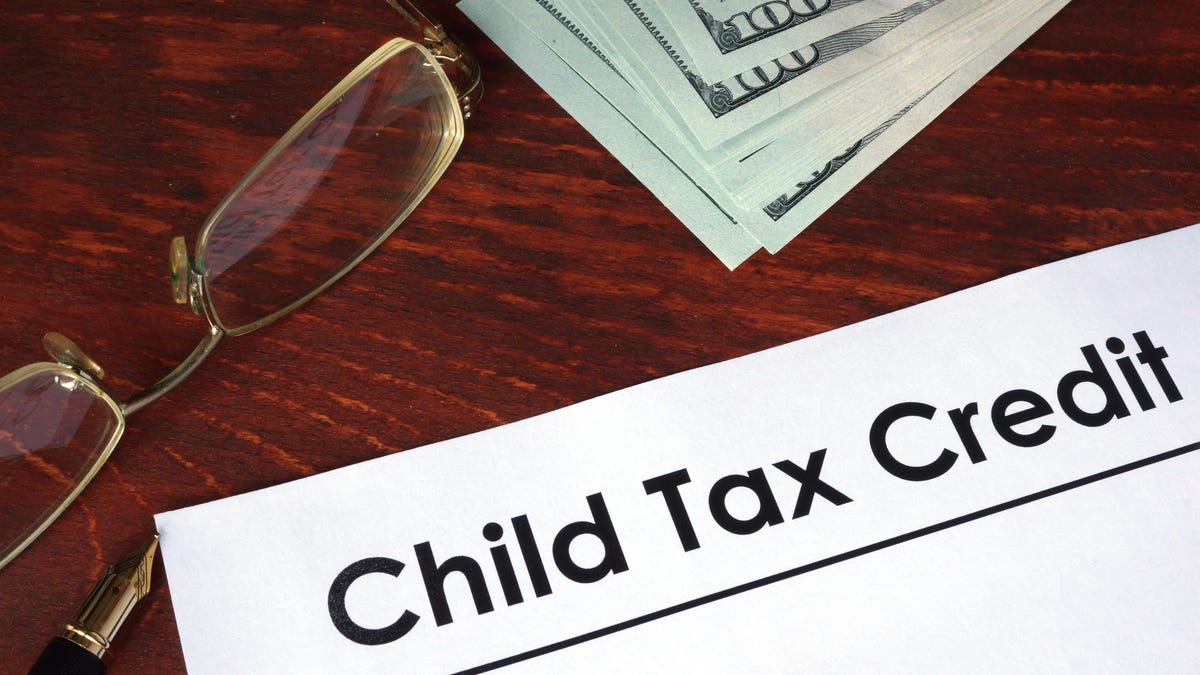Good news might be coming for many American families. The House Republicans have passed a bill to increase the child tax credit to $2,500 per child starting in 2025. This change is part of a larger spending plan and could help families with the costs of raising children. Let’s look at what this means and who will benefit.
What is the Child Tax Credit?
The Child Tax Credit is money the government gives to families to lower the amount of tax they pay. If the credit is more than the taxes a family owes, they can get some of it back as a refund. This helps families pay for things like food, school, and housing for their children.
Details of the New Child Tax Credit Plan
The new bill plans to raise the child tax credit to $2,500 per child from 2025 to 2028. After 2028, it will return to $2,000 but stay permanent and increase with inflation. The credit is currently $2,000, set in 2017.
However, this increase mainly helps families who pay federal taxes. Low-income families that don’t pay taxes might not get the full credit unless the Senate changes the plan. Also, both parents need Social Security numbers to claim the credit if filing jointly, which could exclude some children.

Who Will Not Benefit?
Families with very low income often don’t pay federal taxes, so they cannot get the full credit. The Social Security number rule also excludes many families, especially immigrants. Right now, 17 million children do not get the full $2,000 credit, and this bill does not fix that.
If Congress does not act, the credit will drop to $1,000 after 2025. The new bill stops this by making the $2,000 credit permanent and raising it to $2,500 for three years.
How is the Child Tax Credit Calculated?
In 2025, families can get up to $2,000 per child under 17 with a Social Security number. Up to $1,700 of this credit can be refunded if it is more than the taxes owed. The credit starts to reduce when income goes over $400,000 for married couples or $200,000 for others. Middle-income families benefit the most.
The planned increase to $2,500 for the child tax credit could help many families with the costs of raising children. But it leaves out low-income families and those without Social Security numbers. The bill still needs approval from the Senate, so families should keep watching for updates that might affect their taxes in the future.











Leave a Reply